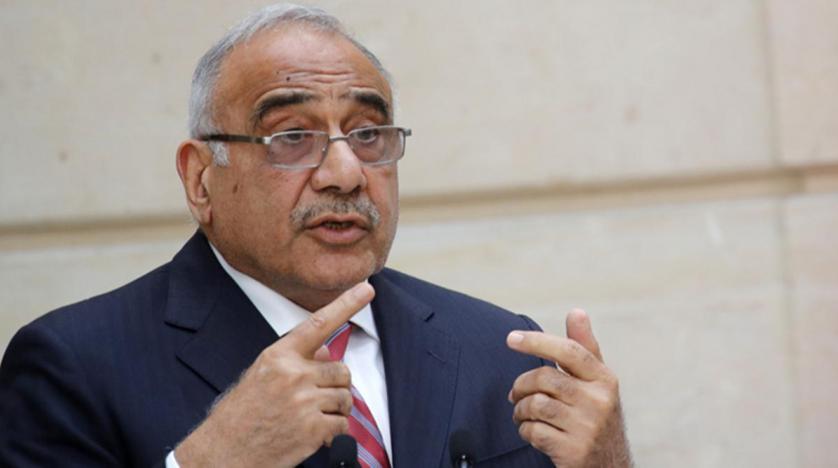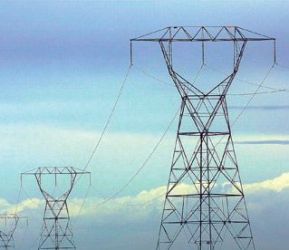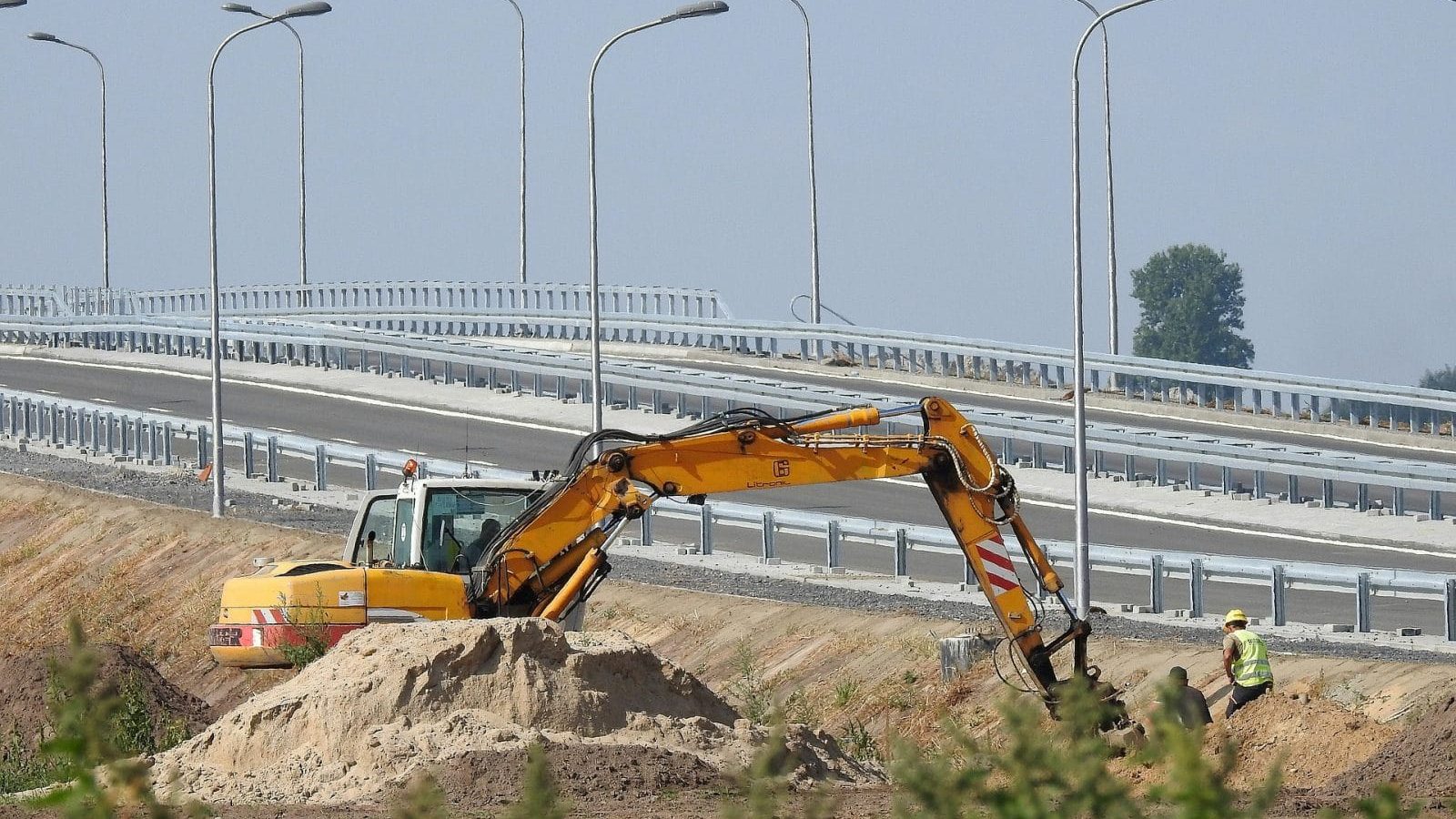EurActiv (23 September 2019)
Interior ministers from four EU countries meet Monday (23 September) in Malta to try to work out an automatic system to determine which countries will welcome migrants rescued in the central Mediterranean.
The ministers from France, Germany, Italy and Malta hope to end the long, drawn-out negotiations that have seen vulnerable asylum seekers including babies stranded at sea, sometimes for weeks.
They take place ahead of a European summit in October in Luxembourg.
The mooted automatic distribution system would only be a temporary solution until the current system, the “Dublin regulation”, can be revised.
Its critics have long argued that it places an unfair burden on the Mediterranean frontier countries Italy, Malta, Greece and Spain.
Italy’s new, pro-EU government has moved quickly to turn the page on the anti-migrant policies pursued by former far-right interior minister Matteo Salvini, who closed the ports to those rescued.
After a meeting last week, Italian Prime Minister Giuseppe Conte and French President Emmanuel Macron both called for a reform of Europe’s “ineffective” policy.
Countries that did not volunteer to take migrants should face financial penalties, they argued.
Rotation?
At an informal meeting of foreign and interior ministers in Paris in June, 15 countries agreed to the creation of a “European Solidarity Mechanism”.
Croatia, Finland, France, Ireland, Germany, Lithuania, Luxembourg and Portugal said they would “actively” take part.
But Hungary’s nationalist prime minister, Viktor Orbán, rejected redistribution quotas in comments made during a visit to Rome Saturday.
Monday’s meeting in Malta will try to decide where those rescued can be relocated — and whether that covers just those fleeing war and persecution, or economic migrants too.
France and Germany are reportedly willing to receive 25% of people plucked from vessels in the Mediterranean.
But they are not keen on Italy’s idea for migrants to be sent to countries across southern Europe on a rotation basis.
Italy could take 10% of new arrivals — a lower proportion because it has already hosted tens of thousands of new arrivals.
The number of migrants arriving in Europe via the Mediterranean has dropped sharply in recent years. The UN’s refugee body recorded nearly 115,000 arrivals in 2018, down from 170,000 in 2017 and over one million in 2015.
European migration commissioner Dimitris Avramopoulos will also attend the Malta talks, as will Finland’s interior minister — as they hold the EU presidency.
No comments yet.
- FOUR EU STATES WANT 'AUTOMATIC' REFUGEE RELOCATION Europe - EU 23.09.2019
-
 ABDUL MAHDI CALLS FOR INTEGRATED PARTNERSHIP BETWEEN CHINA, IRAQ
Iraq
23.09.2019
ABDUL MAHDI CALLS FOR INTEGRATED PARTNERSHIP BETWEEN CHINA, IRAQ
Iraq
23.09.2019
- DRONE ATTACK TARGETS POSITION HELD BY PARAMILITARY FORCE IN IRAQ Iraq 23.09.2019
-
 UZBEKISTAN TO EXPORT ELECTRICITY TO AFGHANISTAN AT A REDUCED PRICE
Central Asia
23.09.2019
UZBEKISTAN TO EXPORT ELECTRICITY TO AFGHANISTAN AT A REDUCED PRICE
Central Asia
23.09.2019
-
 BOSNIA PAYING MILLIONS OF EUROS FOR DELAYED PROJECTS
The Balkans
23.09.2019
BOSNIA PAYING MILLIONS OF EUROS FOR DELAYED PROJECTS
The Balkans
23.09.2019
-
25.01.2016
THE ARMENIAN QUESTION - BASIC KNOWLEDGE AND DOCUMENTATION -
12.06.2024
THE TRUTH WILL OUT -
27.03.2023
RADİKAL ERMENİ UNSURLARCA GERÇEKLEŞTİRİLEN MEZALİMLER VE VANDALİZM -
17.03.2023
PATRIOTISM PERVERTED -
23.02.2023
MEN ARE LIKE THAT -
03.02.2023
BAKÜ-TİFLİS-CEYHAN BORU HATTININ YAŞANAN TARİHİ -
16.12.2022
INTERNATIONAL SCHOLARS ON THE EVENTS OF 1915 -
07.12.2022
FAKE PHOTOS AND THE ARMENIAN PROPAGANDA -
07.12.2022
ERMENİ PROPAGANDASI VE SAHTE RESİMLER -
01.01.2022
A Letter From Japan - Strategically Mum: The Silence of the Armenians -
01.01.2022
Japonya'dan Bir Mektup - Stratejik Suskunluk: Ermenilerin Sessizliği -
03.06.2020
Anastas Mikoyan: Confessions of an Armenian Bolshevik -
08.04.2020
Sovyet Sonrası Ukrayna’da Devlet, Toplum ve Siyaset - Değişen Dinamikler, Dönüşen Kimlikler -
12.06.2018
Ermeni Sorunuyla İlgili İngiliz Belgeleri (1912-1923) - British Documents on Armenian Question (1912-1923) -
02.12.2016
Turkish-Russian Academics: A Historical Study on the Caucasus -
01.07.2016
Gürcistan'daki Müslüman Topluluklar: Azınlık Hakları, Kimlik, Siyaset -
10.03.2016
Armenian Diaspora: Diaspora, State and the Imagination of the Republic of Armenia -
24.01.2016
ERMENİ SORUNU - TEMEL BİLGİ VE BELGELER (2. BASKI)
-
AVİM Conference Hall 24.01.2023
CONFERENCE TITLED “HUNGARY’S PERSPECTIVES ON THE TURKIC WORLD"









